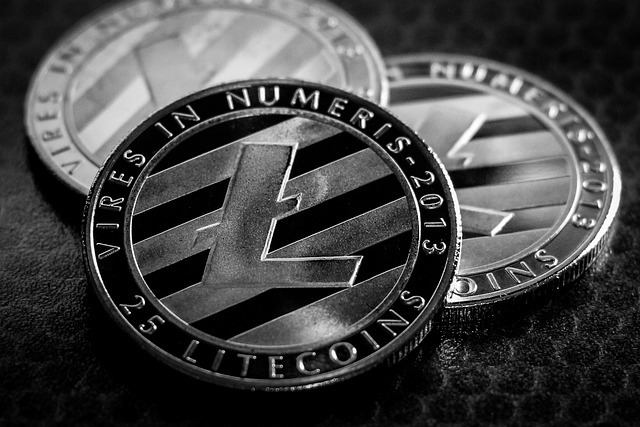
Chainlink Cryptonewsfocus.com
- Chainlink has launched its Cross-Chain Token (CCT) standard as part of a major upgrade to its Cross-Chain Interoperability Protocol (CCIP), enabling developers to deploy tokens seamlessly across multiple blockchains.
- The upgrade has already boosted the value of Chainlink’s LINK token by 6%, reflecting growing confidence in its potential to enhance decentralized finance and cross-chain adoption.
Blockchain technology continues to evolve, and Chainlink is at the forefront of the latest innovations with its recent launch of the Cross-Chain Token (CCT) standard. On January 15, Chainlink’s team unveiled a significant upgrade to their Cross-Chain Interoperability Protocol (CCIP), which promises to revolutionize how developers create and manage tokens across multiple blockchains. The implications are not only technical but have already had a positive impact on Chainlink’s native token, LINK.
A Major Upgrade: CCIP v1.5 is Now Live
Chainlink’s CCIP has long been a cornerstone in enabling secure token transfers and communication across different blockchains. With the release of version 1.5, developers can now deploy Cross-Chain Tokens (CCTs) in just minutes, across over twenty blockchains. This upgrade simplifies the process of creating interoperable tokens, offering a self-serve model that allows developers to take control of their token’s deployment and functionality.
New Cross-Chain Token (CCT) Standard
The introduction of the CCT standard marks a milestone for Chainlink. The new standard provides developers with greater flexibility, enhanced programmability, and most notably, zero-slippage token transfers. This ensures that tokens can be moved across chains seamlessly, without any loss in value during the transfer process.
What sets CCTs apart is that developers no longer need to integrate any Chainlink-specific code into their token’s smart contract. Instead, they can deploy pre-audited coin pool contracts to turn any ERC-20 compatible asset into a CCT. This provides both simplicity and security for those looking to leverage Chainlink’s powerful cross-chain capabilities.
Streamlined Development Tools for Ease of Use
Chainlink has also introduced a CCIP Token Manager, offering developers an easy-to-use interface for launching and managing their CCTs. Furthermore, the upgrade includes “Smart Accounts,” which require multiple approvals to authorize transactions, adding an additional layer of security.
With these tools, developers can efficiently manage their tokens and ensure liquidity stability, helping to foster the growth of decentralized finance (DeFi) and bridging liquidity gaps across blockchains.
LINK Token Sees a 6% Increase
As expected, this game-changing upgrade has positively affected Chainlink’s LINK token. On January 15, LINK surged by approximately 6%, reaching an intraday high of $20.60. Despite recent volatility, with LINK dropping around 30% from its mid-December highs, the recent whale activity and this major protocol upgrade are pushing the price back toward key resistance levels.
Looking ahead, Chainlink’s partnership with Ripple to promote Ripple USD (RLUSD) and its increasing presence in the DeFi space suggest further bullish momentum for both the platform and its token.
The Future of Cross-Chain Interoperability
With the CCIP v1.5 upgrade, Chainlink is solidifying its position as a leader in cross-chain interoperability. By empowering developers with the tools to create and manage CCTs, it opens new doors for decentralized applications and multi-chain ecosystems. This could have far-reaching implications for the future of blockchain, DeFi, and the broader crypto space.




